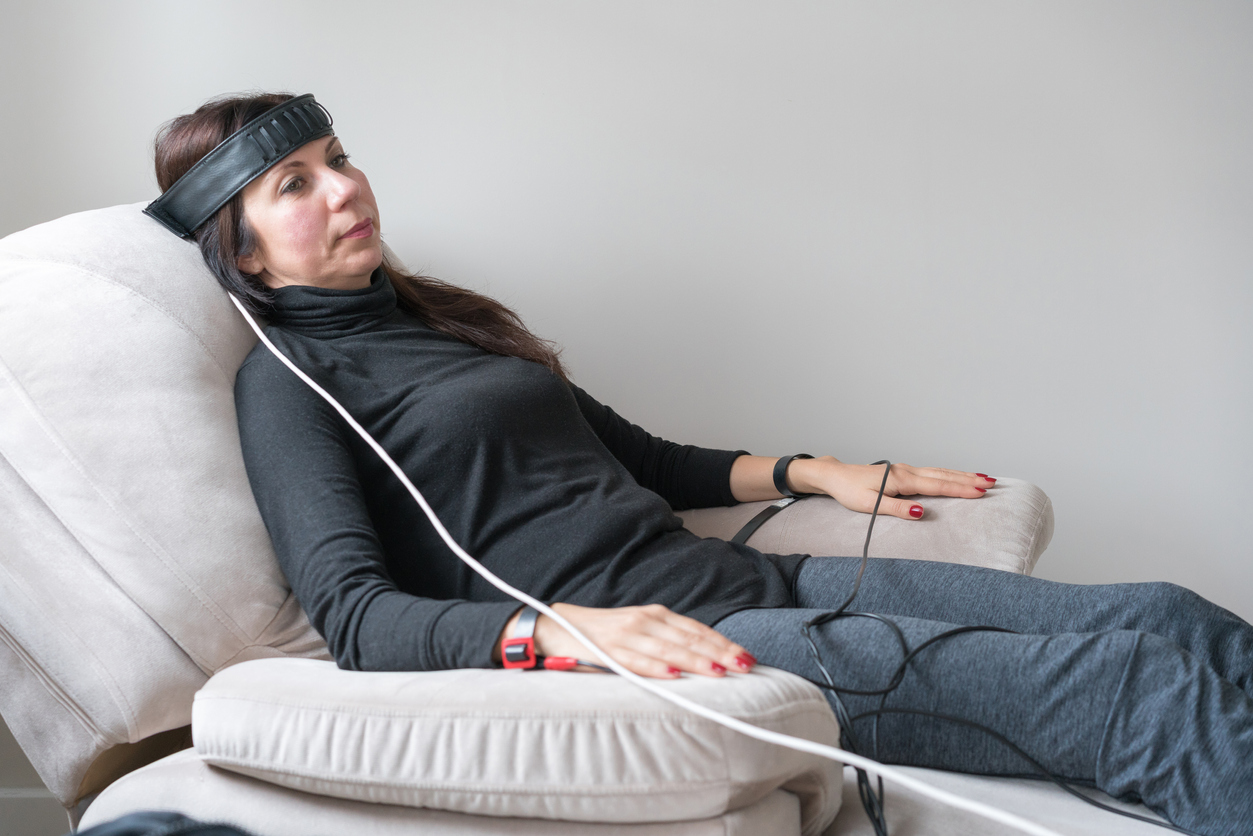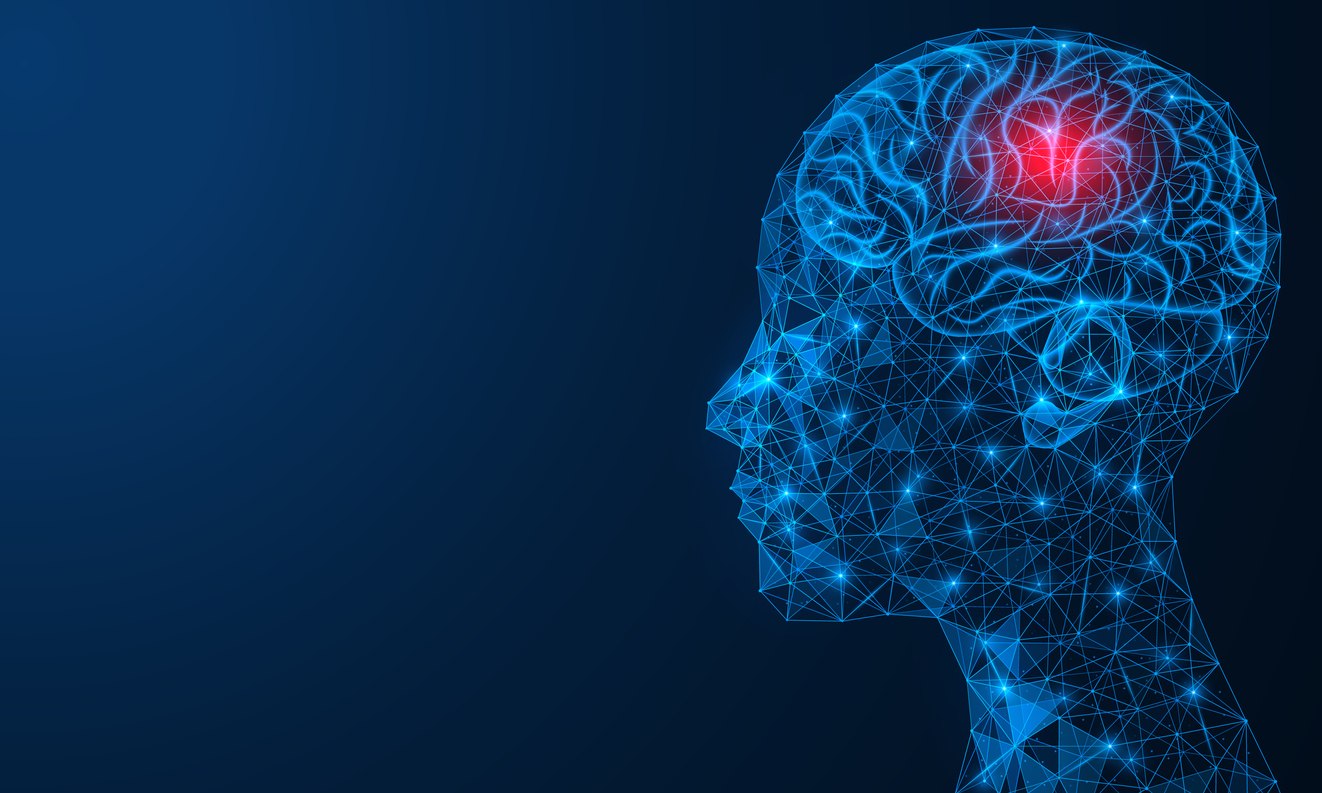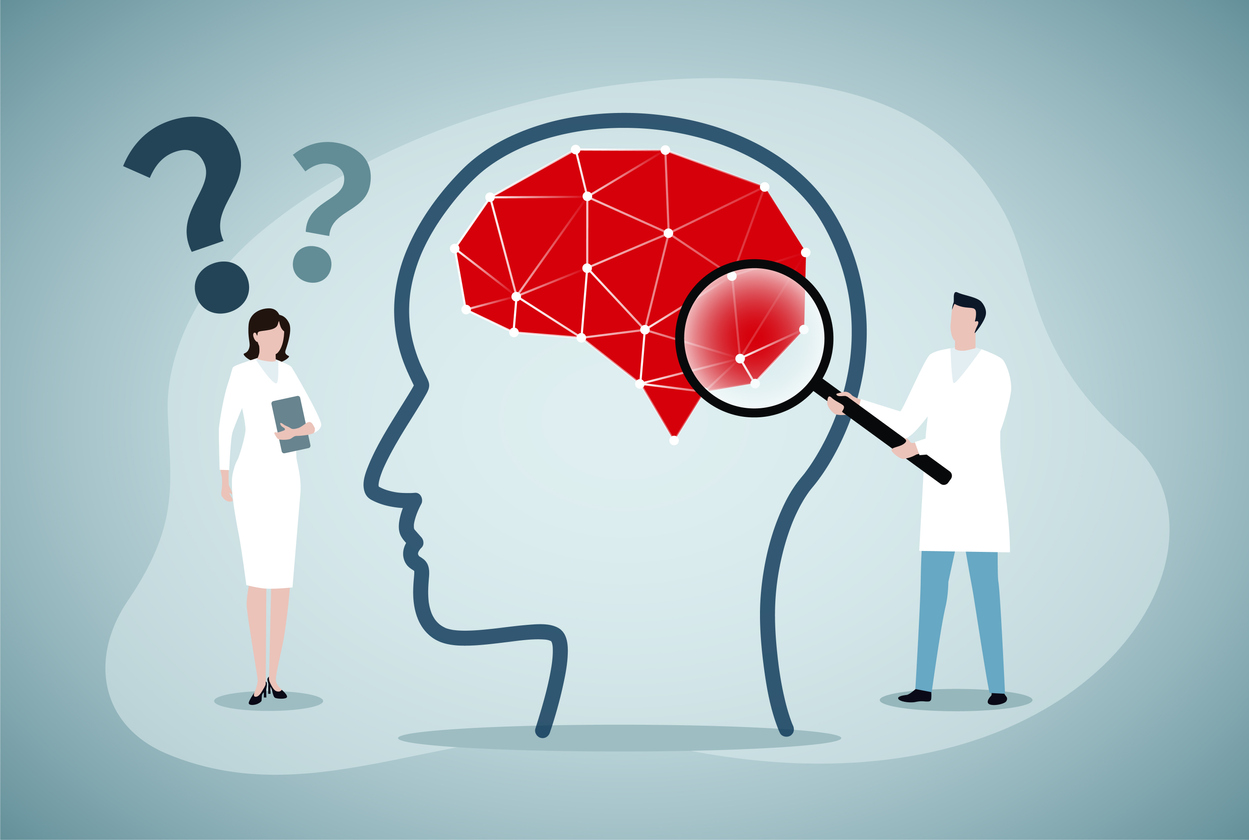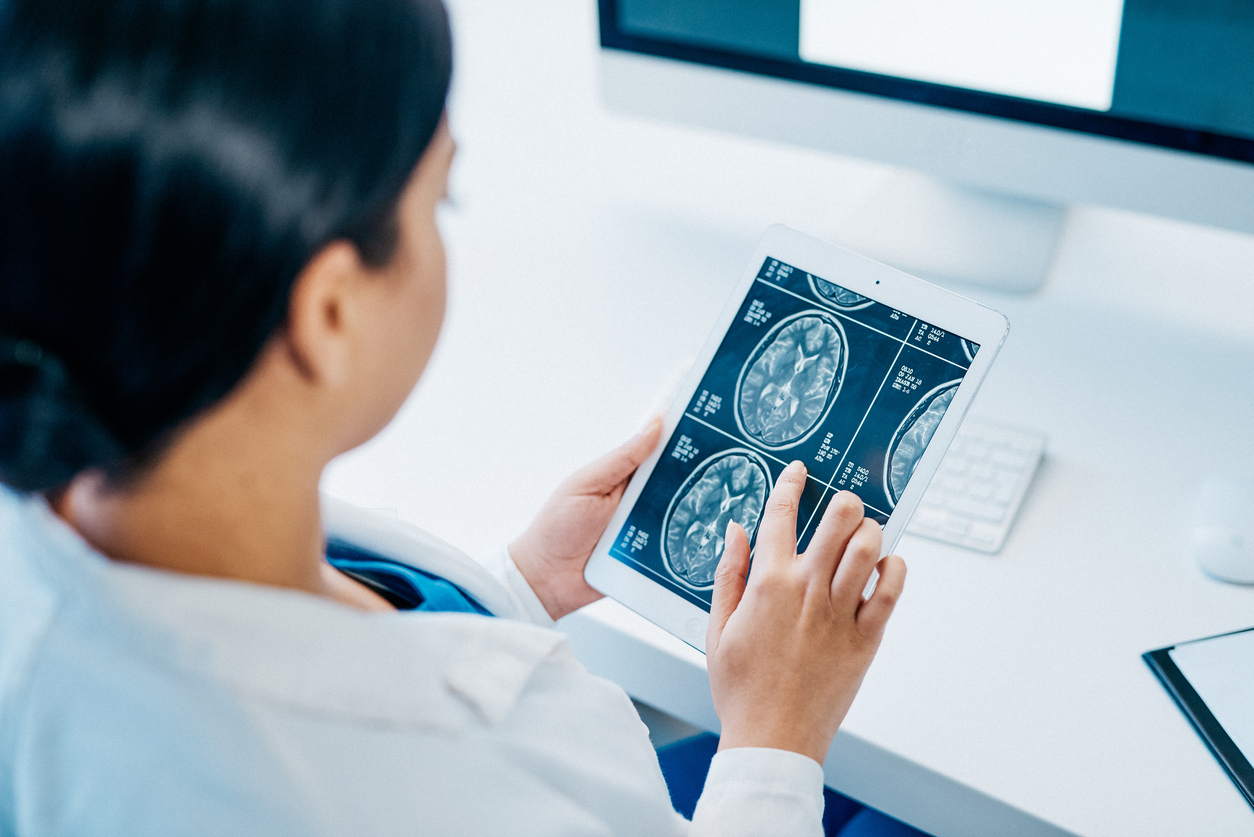Pain
Treatments for Functional Neurological Disorder (FND)

What is functional neurological disorder (FND)?
Functional neurological disorder, or FND, is characterized by physical symptoms that cannot be explained by a medical or neurological diagnosis. It is the result of complications with the operation of the nervous system. It also involves how the body and brain send and receive signals. FND can cause difficulty functioning and considerable distress.
There are various types of FND that are dependent upon the symptoms. They are categorized into seizure-type, motor and other. While there is no definitive test to diagnose FND, a neurologist can make a diagnosis based on a combination of physical and neurological examinations, tests, imaging scans, and ruling out other conditions.
Treatment for functional neurological disorder
Treatment for functional neurological disorder depends on the symptoms. It may require a multi-specialty team approach, which could include a neurologist, psychiatrist, therapist, or other professionals. Treatment options include education, therapy, medication, meditation, biofeedback and hypnosis.
- Education. Educating oneself about FND is essential for treatment. Family and close friends should also learn as much as possible concerning FND.
- Psychotherapy. Psychotherapy, commonly referred to as “talk therapy” or simply “therapy,” is a type of mental health care that involves working with a therapist in a supportive environment to improve mental well-being. This is done through specific techniques, such as identifying and changing negative patterns in thinking and behavior or learning strategies to help manage and respond to stress.
- Therapies. Occupational, physical or speech therapy can be effective to treat symptoms resulting from FND. This includes weakness, paralysis, and speech problems.
- Medication. There is no specific medication to treat FND directly. However, medication may be needed to treat depression or anxiety that is caused by FND.
- Meditation. Meditation can quiet the mind, reduce stress, alleviate anxiety, and remove the perception of pain by activating brain areas that process pain. Extensive research has been conducted on the physical and emotional benefits of mindfulness meditation.
- Biofeedback. Biofeedback is a technique in which an individual can learn to control specific bodily functions, such as heart rate, breathing, muscle contractions, and brainwaves. It can help an individual learn to relax muscles or reduce pain.
- Hypnosis. Hypnosis is a form of deep concentration that induces a trance-like state. A hypnotherapist can help an individual relax into hypnosis and focus on pain control and stress reduction.













